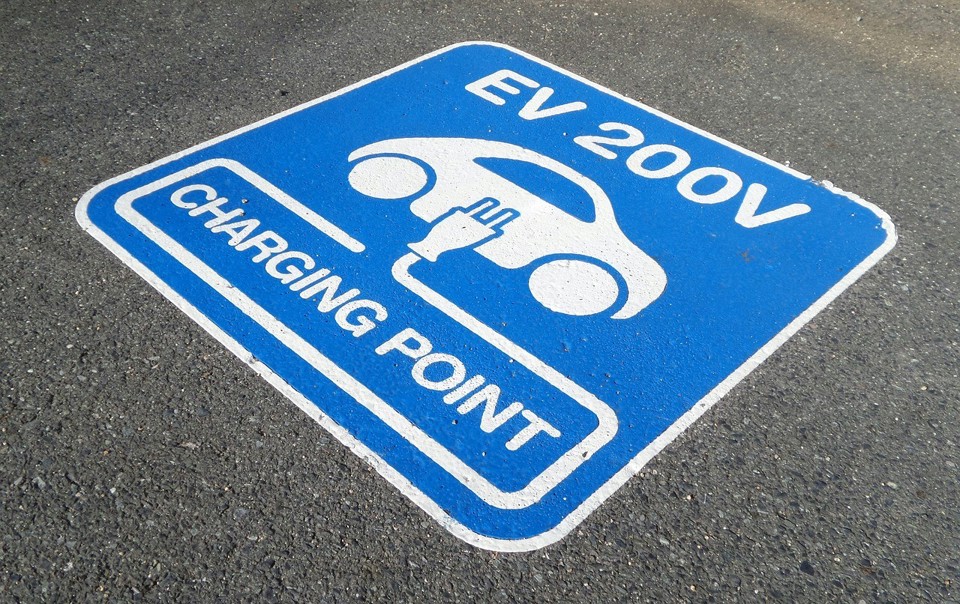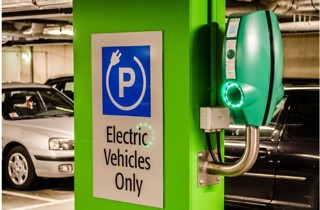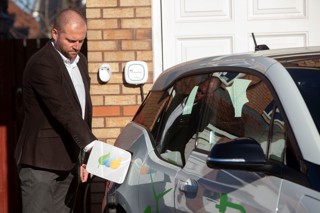Rapleys, the planning and property consultancy, has said the automotive retail industry is taking a "wait and see" approach on investment in electric vehicle (EV) infrastructure.
While there are some franchises that will mandate a certain level of infrastructure and charging points based on their corporate identity, Mark Frostick, Rapleys senior associate roadside and automotive, told AM: “Investment in EV infrastructure is generally not on a lot of people’s radar from a property perspective right now.
“Everyone is looking at how technology is changing and doesn’t want to be caught investing in the wrong thing or to the wrong level.
“There are a lot of groups waiting to see what is happening before making that investment decision.”
Frostick acknowledged that for dealer groups, putting significant investment in place to make upgrades to substations for electricity, or to put more charging points in place than required is challenging when it’s unclear how long it will take the EV market to become mainstream in the UK.
Frostick said: “There are businesses in more remote locations where getting the power required to the dealership for fast charging or multiple charge locations is difficult.”
The latest figures from the Society of Motor Manufacturers and Traders (SMMT) show that EV sales almost tripled in July, but they still only accounts for 0.5% of the market.
The EV sales boom came in the same month that the Government announced a zero BIK tax band for company car drivers in 2020/21 and the SMMT believes that the tide is now turning towards greater adoption of the new ultra-low emission technology.
A statement issued by the SMMT alongside July’s registration results, said: “SMMT forecasts this ongoing investment into new, ever more advanced powertrain technology will result in battery electric vehicles doubling their market share next year, with 51,000 registrations in 2020.
“However, this will still represent only 2.2% of the overall market. For the UK to meet its zero emission ambitions, we need world-class, long-term incentives, supportive policies and substantial investment in infrastructure.”
The market is currently in transition as car manufacturers look to bring a raft or new EV products to market over the next couple of years.
Peter Nicholas, Rapleys partner automotive and roadside, said dealers are caught between looking at the number of EVs on the road right now and then future proofing their business.
He said: “Many leases in the automotive space are between 20-25 years so the new car market could look very different by then.
“In some cases it can be anywhere from around £750,000 to get power to a new site and that goes straight to the development costs.”



















Login to comment
Comments
No comments have been made yet.